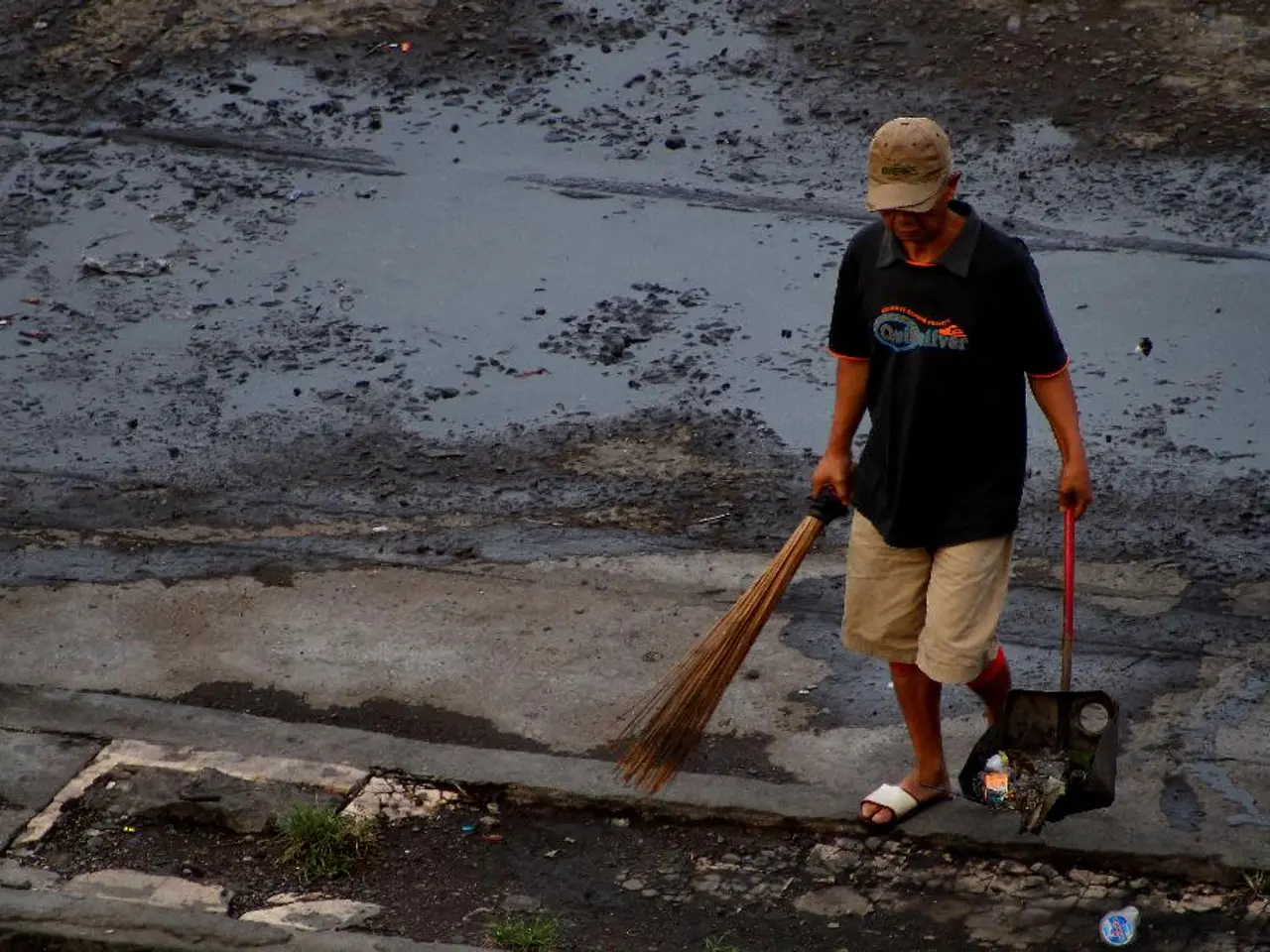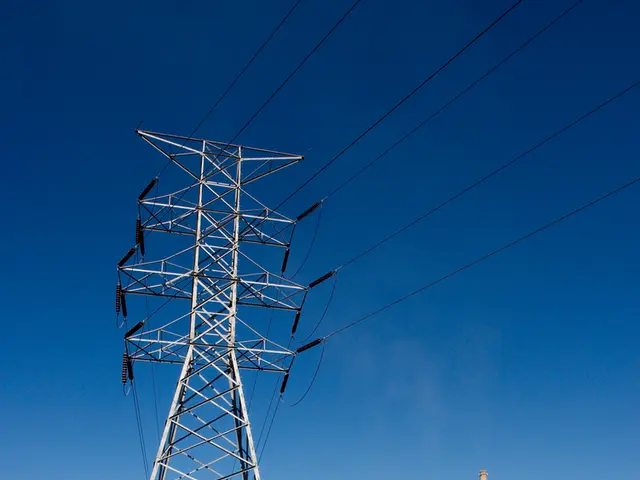Controversial Rider Threatens EPA PFAS Regulation in Sewage Sludge
A controversial rider is causing a stir in the US Congress and among public health advocates. The rider, inserted into a House appropriations bill, aims to block the Environmental Protection Agency (EPA) from regulating PFAS in sewage sludge used as fertilizer. Critics argue it's likely illegal and undermines the Clean Water Act.
The rider emerged following a meeting between the EPA and representatives from a trade group representing major biosolid producers. The Biden administration had previously issued a draft health risk assessment for PFAS in sludge, proposing advisory health guidelines of 1 part per billion (ppb) of PFOS or PFOA. These guidelines could significantly limit the use of sludge as fertilizer if finalized and implemented. However, Republicans added the rider to the bill after a meeting with the waste industry trade group, potentially derailing the risk assessment process. The full House is set to vote on the bill in September, with efforts underway to challenge the provision in the Senate. Public health advocates and some Congress members, including Senator Jeff Merkley (D-OR) and Representative Debbie Dingell (D-MI), are opposing the rider, arguing it's likely illegal and pre-empts the Clean Water Act. They demand more transparency, independent research, and strict regulation of PFAS in sludge to protect human health and the environment.
The debate surrounding the PFAS rider in the House appropriations bill highlights the ongoing struggle between environmental protection and industry interests. As the bill moves towards a full House vote, advocates and lawmakers continue to push back against the rider, citing potential health and environmental risks. The outcome of this dispute will significantly impact the future regulation of PFAS in sewage sludge used as fertilizer.







